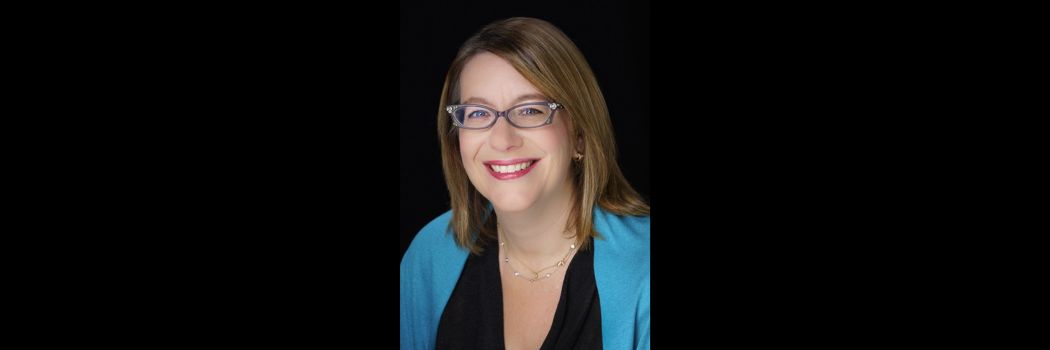June 28, 2023
Dr. Danielle Lazar is Executive Director of Research, Evaluation, and Innovation at Access Community Health Network (ACCESS), a federally qualified healthcare center with 35 sites in the Chicago metropolitan area, and ACCESS’s Center for Discovery and Learning, an NIH-funded translational research center on the south side of Chicago.
Working in nonprofit and social services for nearly 30 years, including 17 at ACCESS, Lazar aims to develop sustainable programs that increase access to care and address health inequity. Her work has addressed health disparities among high-risk populations, including people at risk for HIV, people with mental health and substance use issues, people emerging from the criminal justice system, and women at high risk for breast cancer mortality.
Under her leadership, ACCESS’s research and evaluation partnerships have become more community-centric, with a focus on amplifying and including the voices of patients and care teams in research and evaluation studies to improve primary care practice in low-income communities.
She holds a master’s degree in public policy from the University of Chicago and a doctorate in public health leadership from the University of Illinois Chicago. Lazar has been on the CDRP’s external advisory panel for three years.
As head of research and evaluation at ACCESS, the sixth largest FQHC in the country with over 170,000 patients, Danielle Lazar is committed to seeing research translate into practice that benefits the communities ACCESS serves. “Conducting research in an FQHC is not like research in an academic setting,” she says. “Community-based organizations don’t have time to wait for research to catch up with what they’re doing. Researchers are now saying, ‘We should really think about health equity.’ We’ve been talking about this for years and making strides—we’re too busy on the ground.”
Lazar is currently a co-investigator with CDRP Associate Director for Clinical Outcomes Neda Laiteerapong on iCOPE, a clinical trial funded by the Agency for Healthcare Research and Quality studying practice-based interventions addressing opioid use and pain management among older adults. “The work of the CDRP is at that crossroads of practice and research,” she says. “We’re trying to figure out solutions and not just trying to do research for research’s sake. We all want to move the needle on these longtime disparities.”
“I’ve always been interested in equity issues,” says Lazar. “There is a very important concept in Jewish thought called tikkun olam, which means to ‘heal the world.’ It’s part of everything I’ve done: how can I make things better? What can I do to help? Inequity is a state that none of us should tolerate. Tikkun olam, repairing the world, at core is trying to eliminate the inequity and suffering of people unnecessarily.”
“In a country like the United States, that there are people who have to make decisions between putting food on the table and whether their kid is going to get their EpiPen is horrific,” she says. Of a patient she knew of during an early ACCESS campaign promoting the Illinois Breast and Cervical Cancer Program to pay for breast cancer treatment for women who were uninsured, she recalls, “She didn’t want to go into treatment because she was afraid it was going to bankrupt her family because she was uninsured—she would rather die than go for treatment!” (The story ends well: thanks to her husband insisting she accept treatment through ACCESS and the Illinois Breast and Cervical Cancer Program, she was had successful removal of the cancer). “That people make those kinds of decisions because of dollars that they do or do not have, that’s crazy to me!”
For Lazar, lack of access to care and health inequity is personal. “My dad owned his own business for years, and my parents were uninsured basically their entire lives. He had a heart attack. The ambulance has to take you to the nearest hospital. They’re not allowed to ask if you have insurance. They saved him, he was stable, but in order to admit him for a few days, I would have to pay $25,000 upfront. When I think about health equity, I think about those kinds of things.”
Nevertheless, Lazar remains certain that solutions to inequity are not only possible but available and in our midst. “I think Chicago has all of the resources and all of the problem-solving minds to get at some of these things that seem intractable. We have these amazing, brilliant minds here, including the great minds of the community—because you know who really knows how to solve a problem? It’s the folks in the community. They know the answers, but we have to be open to listening. That’s the opportunity. We know how to solve these issues. We don’t need to describe disparities anymore. I’d like to see us solving these problems, and I think we have the elements to do it. When I walk into our neighborhoods, I see people who are going to work, I see people who care about their children, I see people who want good lives. They want to be part of the solution.”
Story by Irene Hsiao. Photo courtesy Danielle Lazar.

